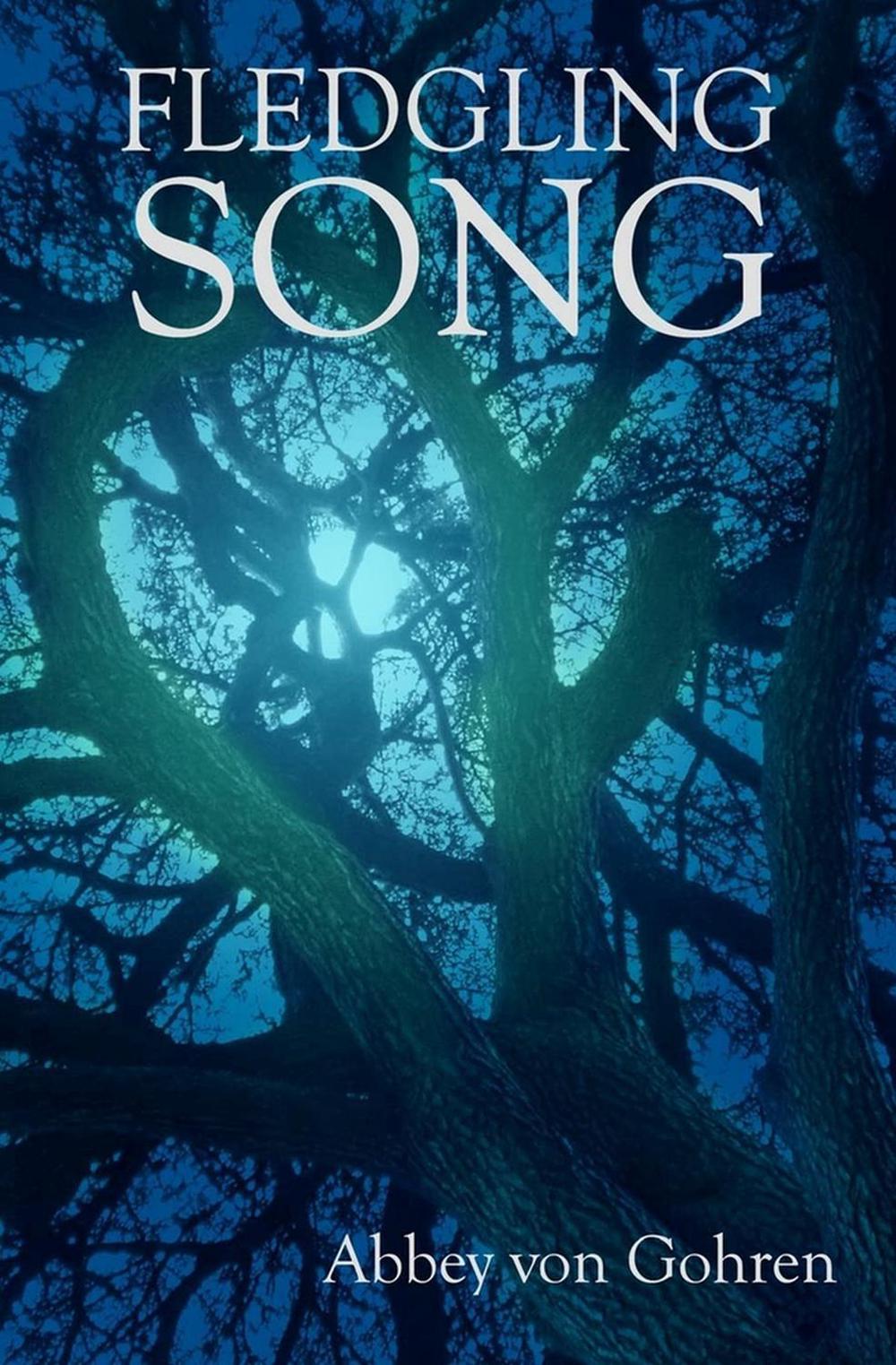


She has no memory of who she is or how she got there. When the novel opens, she is alone in a cave, naked, terribly injured, and insatiably hungry. Shori, Fledgling's title character, is cast from the same mold and confronted with challenges as dire as those of her predecessors. And in The Parable of the Sower, even before her walled community is overrun and destroyed, young Lauren Olamina decides to hit the dystopian roads of a near-future California, in search of a life more creative than one totally focused on self-defense. In the post-apocalyptic world of Butler’s Dawn, Lilith Iyapo casts her lot and humanity's with the alien Oankali, choosing genetic transformation and survival over stasis and extinction. In her classic Kindred, a young black woman in mid-1970s Los Angeles is called back in time to save the life of a loathsome white slaveowner-because if he doesn't survive to impregnate her slave ancestor, she won't be born. Her stories don't rely on horror for their effects, but they aren't for the ethically or politically squeamish. Only a few pages into Fledgling, it becomes apparent that the vampire premise is perfectly suited to themes that Butler has been exploring since her earliest novels: interdependence, freedom and unfreedom, and the cost of human survival. In style, tone, and immediacy the books couldn't be more different. Fledgling, Octavia Butler's first novel in seven years, and The Historian, Elizabeth Kostova's widely publicized debut, both acknowledge Stoker as an ancestor, but their kinship is remote. But since Bram Stoker's Dracula was published in 1897, dozens upon dozens of books and films attest to the no-less-insatiable hunger of humans for vampires. New York: Little, Brown and Company, 2005, 642 pp., $25.95 hardcoverĪccording to legend, it is vampires who hunger for human blood. New York: Seven Stories Press, 2005, 320 pp.


 0 kommentar(er)
0 kommentar(er)
